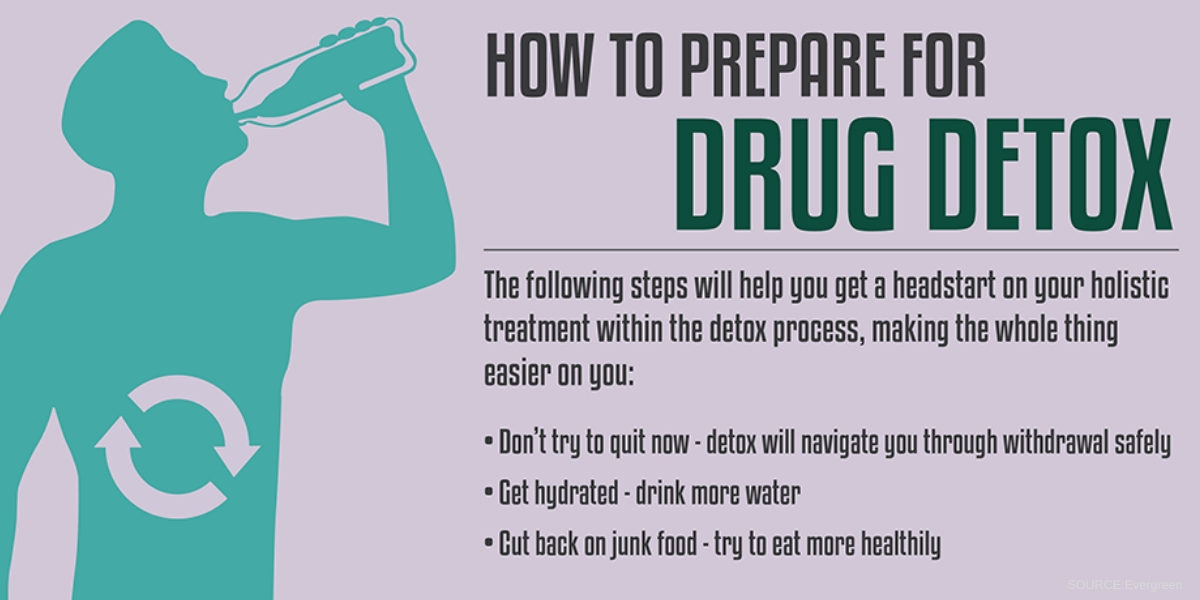Couples Inpatient Drug Rehab Connecticut Addiction Treatment
Connecticut Couples Drug Rehab
When you or somebody close to you requires drug abuse rehab, it can be difficult to understand where particularly to find support. Without the right help, however, chemical abuse can trigger prospective deadly circumstances. Moreover, drug abuse impacts not just the life of a particular consumer also the lives of his/her family members. The good news is, there is a variety of reputable treatment methods to assist individuals to conquer their medicine dependences..
While detoxing is normally looked upon as one of the hardest aspects of the healing treatment, addicts aren’t in the clear once they make it with withdrawal. The real work of recovery happens post-detox in the healing part of treatment. In treatment, both personal and likewise group, recuperating addicts reveal the origin behind their substance abuse, helping them to deal with these issues so they do not trigger them to return to drug abuse at a later day.

Rehabilitation Steps for Couples
The information actions of an individual’s addiction rehabilitation process will definitely vary according to the kind of addiction, the treatment strategy used, and also the specific seeking rehab. Nevertheless, all recovery treatments tend to share certain essential elements:
- Admission.
- Cleansing (detox).
- Recovery (rehabilitation).
- Ongoing Recuperation.
What is an intervention team?
An intervention group usually consists of 4 to 6 people that are truly essential in the life of your liked one– people she or he takes pleasure in, likes, respects or depends on. This may include, for instance, a pal, adult loved ones or a member of your liked one’s self-confidence. Your treatment professional can help you to establish suitable members of your group
Do not include anybody that:
- Has an unmanaged psychological health and health issue or drug abuse problem
- May not have the ability to restrict what she or he states to what you agreed on during the preparation conference
- May mess up the treatment
If you think it is important to have somebody consisted of nevertheless stress that it may develop a problem throughout the treatment, take into account having that person make up a brief letter that another person can analyze at the intervention.
Interventions: Explained
An intervention is a truly carefully all set procedure that may be done by loved ones, in the evaluation with a doctor or professional such as a certified alcohol and likewise drug therapist or routed by an intervention expert (interventionist). It regularly includes an individual of your liked one’s self-confidence or others that care about the private handling addiction.
Throughout the treatment, these people gather together to challenge your gotten a kick out of one stressing the impacts of dependence, in addition, to asking him or her to accept treatment
The intervention:
- Gives particular examples of devastating habits and their impact on couples with the dependency and family and friends
- Supplies an ironclad therapy plan with clear actions, objectives, and guidelines
- Spells out what each person will certainly do if someone refuses to accept treatment
What to Expect During Couples Detox?
A lot of medication and all alcohol addictions need a phase of detoxing at the start of the rehab procedure. This stage of detox is developed to eliminate all traces of alcohol and drugs from the body. In some cases, maintenance medication might be given to decrease the withdrawal signs and symptoms connected with particular medications, consisting of opiate prescription medications and also heroin.
The degree of the detoxing procedure differs according to:
- The person’s one-of-a-kind body structure as well as metabolic process.
- The certain medicine and dose that was being used.
- How long the medication has been taken.
- If there are any various other addictions included.
Detoxification is generally a safe procedure when gone through in a monitored medical setup. Since detox for certain people and also materials can be possibly extremely serious– and in some cases, fatal– it’s not suggested for individuals to detox on their own at home.
Detox Explained
When a specific takes medication or takes in alcohol frequently, the body ends up being accustomed to having specific degrees of the material in it. When the compound is removed, the body might start to experience withdrawal signs. Depending on the compound made use of, withdrawal signs can likewise start to show up within a pair of hrs, though they typically tend to appear within the preliminary 1 day after the last medication dosage.
Withdrawal indications might vary, depending upon the substance abuse. Some common withdrawal indications, nonetheless, might include problems with:
- Extreme depression
- Concentration.
- Decreased appetite
- Severe fatigue
- Agitation
- Runny nose
- Inability to sleep
- .Sweating/Nausea
- Cramping/Diarrhea
- Trembling or shaking
- Rapid heart rate
- Troubled breathing
- Headaches/Muscle stress
Inpatient Rehab Program for Couples in Connecticut
Connecticut inpatient alcohol and drug healing consist of the customer living in the treatment center throughout the entire therapy treatment. An inpatient program is a 24-hour treatment program that is used in a certified property center. It utilizes the client significant treatment, medication focus, security and security, and similarly support.
Detoxing is merely the preliminary step in healing. If comprehensive treatment, including comprehensive treatment, does not follow, relapse is probably.
In an inpatient setup, consumers stay in the exact truly specific same household setup, permitting helpful relationships to establish. Relying on the center, rooms may be special or shared, however, common locations are typically shared.
As an outcome of the domestic setting, customers generally get back at more possibilities to take part in complementary treatments together, such as yoga or meditation courses, art treatment, or movement-based treatment. This stays in enhancement to group treatment sessions which are common in the majority of facilities. There is likewise leisure time where customers can fraternize their peers.
The normal day at a Connecticut inpatient center is exceptionally structured. All meals are supplied at the exact very same time each, in addition to specific jobs, take place at significant times. This structure assists clients to establish a sense of obligation, time tracking, as well as responsibility.
In an inpatient setup, there is certainly less risk for relapse thinking of that substance of misuse are just not available. Additionally, 24-hour support from peers and likewise employees likewise safeguards versus regression and enhances recovery.
Who should attend an Inpatient Treatment?
Inpatient treatment is a lot more extensive approach of addiction recovery. It keeps these individuals in a secured environment up till they are psychologically strong enough to withstand negative impacts.
Inpatient treatment is optimal for those that have considerable reliance or co-occurring mental health concerns, per the National Institute on Substance Abuse. Furthermore, inpatient treatment is more reliable for those that do not have a secure or useful residence environment. Connecticut Inpatient treatment can be vital in aiding clients to structure life in the early days of healing.
The Main Advantages of inpatient therapy consist of:
- The lack of chances to relapse
- An immersive therapy experience
- Fewer outside interruptions
- Regular support
Couples Outpatient Treatment Programs
Outpatient treatment programs typically consist of a great deal of the precise very same approaches supplied in inpatient treatment, nevertheless clients live in your home. They pertain to the treatment center for a set number of hrs daily or week, in addition, to return house each night to rest. If restorative detox is required, this might occur on an inpatient basis initially in addition to the person might then transition to outpatient treatment once the withdrawal is complete.
Connecticut outpatient therapy programs usually consist of a lot of the exact same treatments provided in inpatient therapy, however, clients reside in your home. They come to the treatment center for a set variety of hrs every day or week along with return home each night to rest. If medical detox is needed, this may happen on an inpatient basis initially in addition to the person might then shift to outpatient treatment once the withdrawal is complete.
With outpatient treatment, patients are often able to preserve a job and household responsibilities while looking for addiction treatment. Occasions can regularly be set up around other life dedications, using those who aren’t able to put whatever else on hold the strength to search for general care.

Who Should Attend an Outpatient Treatment Better a Better Option?
Given that the possibility of relapse is greater in outpatient treatment, it’s suggested that clients have a safe, encouraging living situation at home. If the person does not have this in place, inpatient care might be chosen for more powerful results.
Basically, an outpatient treatment program might work fantastic for anybody who has obligations that must be resolved throughout healing. This includes those with fulltime jobs they can’t take a holiday of lack from and those who care for children or senior family members.
Once again due to the magnified danger of relapse, outpatient treatment is much better for those with less serious dependencies. Those who have long-term dependencies, or who have tried rehab in the past and subsequently fell back, are much better served with inpatient treatment.
The main perks of outpatient treatment:
- Continuing to live at home
- Maintaining responsibilities outside of treatment
- Less of a time commitment
- Staying in close contact with friends and family
Make the Choice Today
Ultimately, either kind of therapy– inpatient or outpatient– can be effective. The option between both comes down to the individual’s situation, and the decision needs to be made in conjunction with treatment service providers.
Couples after Rehab: Sober living
Sober living homes were when called midway houses. Although the term had an info analysis at the exact same time, the word wound up being slang for homes filled with people still handling reliance, generally relapsing after leaving rehab. Sober living houses are a slightly various idea that outgrew midway houses; they have, up previously, been far more reliable at assisting individuals who are new to healing.
Nobody requires to go into sober living while they are going through a healing program; although great deals of sober living houses require duplicating support system participation or treatment for their people, they are not the like healing programs. Many individuals that go into a sober living house remained in an inpatient healing program, together with this is the leading place they remain staying with rehab. Couples might comprehend their addiction and the requirement to remain sober, yet they want to keep extra help after finishing from a rehab program.
- Couples pay the lease.
- They go to routine support groups and/or treatment.
- They do not bring any invigorating products into your house, though some might permit prescription medications.
- There are home companies to make certain locals truly feel safe, extremely concerned and part of the group.
- Your house is managed by people who have actually gone through the recovery procedure themselves.
The benefits of sober living homes are essential. They supply individuals in require the location to produce a brand-new daily routine beyond a living situation that may otherwise trigger them to regression to drugs or alcohol. Couples ought to team up from others residing in your house to avoid from intoxicating substances. Caring for psychological and likewise physical wellness is a requirement defined on the lease. In addition, sober living houses require that property owners handle social tasks, like keeping a job, going to college, or joining a volunteer task.
Read more “Couples Inpatient Drug Rehab Connecticut Addiction Treatment”






















Recent Comments